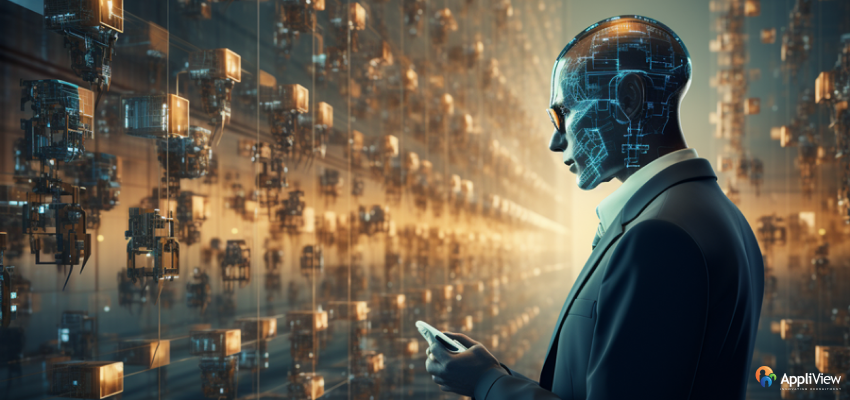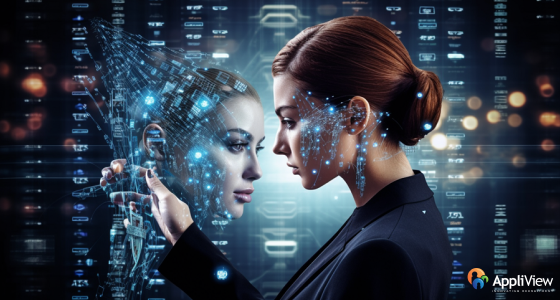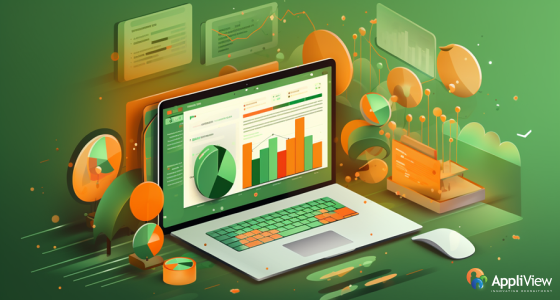Is AI the Answer to Unbiased Hiring?
October 2, 2023

AI can help companies overcome unconscious bias in the recruitment process, ensuring a more diverse workforce. AI-powered recruitment tools can screen resumes and keywords without bias, removing subjective evaluations and ensuring fairness. AI can also assist in blind recruitment by removing personally identifiable information. AI-powered assessments and skill matching can also eliminate bias. AI-based bias mitigation involves detecting bias and recommending corrective measures. AI systems also require diverse training data sets to make decisions more just. Continuous learning ensures the hiring process remains impartial and equitable. However, AI-related concerns like privacy, security, and job displacement anxiety must be addressed. Additionally, AI must adhere to legal and ethical regulations. Choosing the appropriate AI solution depends on factors like size, industry, and hiring objectives.
Is AI the Answer to Unbiased Hiring?
In today’s fast-paced environment, a company’s success depends on its ability to attract and retain top talent. However, the traditional recruiting process is frequently burdened by unconscious bias. These biases can have a negative effect on the workforce’s diversity and inclusiveness. Artificial Intelligence (AI) is, however, a technological ally that can help us surmount this obstacle.
The Problem of Unconscious Bias in Employment As the name suggests, unconscious bias is the bias that operates beneath the surface of our conscious awareness. It infiltrates our decision-making processes, influencing who we hire and who we do not. This prejudice can manifest in numerous ways, including gender, ethnicity, age, and others. The results are evident: a lack of diversity in the workplace, squandered opportunities, and a diminished capacity for innovation.
The Evolution of AI in Recruiting

In recent years, AI-powered recruitment tools have acquired prominence, transforming the hiring landscape. They provide a variety of benefits, but their greatest contribution is the reduction of implicit bias. Let’s examine a few of the methods AI achieves this:
Screening of Resumes and Keyword Research : The algorithms of artificial intelligence are designed to evaluate credentials without bias. Candidates’ qualifications, skills, and experience are evaluated based on objective criteria, as opposed to subjective evaluations. By incorporating AI into the resume screening process, businesses can ensure that each candidate is evaluated fairly.
Unscrupulous Recruitment and Anonymization : Blind recruitment is an additional method that AI facilitates. It involves removing personally identifiable information, such as names, photos, and addresses, from applications to ensure that hiring decisions are founded solely on qualifications and merit. Anonymization prevents unconscious bias from seeping into the initial phases of recruitment.
Assessments and Skill Matching Driven by AI
AI can also objectively evaluate candidates’ talents and match them to job requirements. This ensures that candidates are evaluated based on their skills and not their superficial appearance. It eliminates the potential for bias to influence decisions.
AI-based bias mitigation
AI does not merely identify biases; it actively attempts to eliminate them. This is how:
Bias Detection and Mitigation Algorithms Developing sophisticated algorithms to detect bias in recruitment processes. These algorithms analyze historical data and patterns to determine if hiring decisions are biased. Once identified, AI can recommend corrective measures to guarantee impartiality.
Diverse Data Training Sets

To train AI systems effectively, it’s crucial to provide diverse data sets. This means including information from a wide range of backgrounds and demographics. AI systems learn from this diverse data, helping them make fairer decisions.
Continuous Learning and Improvement
AI is not static; it constantly learns and adapts. As more data becomes available, AI systems become better at identifying and eliminating bias in real-time. This continuous learning ensures that your hiring process remains fair and unbiased.
Legal and Ethical Considerations
AI in hiring must also comply with legal regulations and ethical standards. It’s essential to ensure that your AI-powered recruitment process aligns with current laws and ethical guidelines.
Conclusion
In conclusion, AI offers a powerful solution to the longstanding problem of unconscious bias in hiring. By implementing AI-powered tools and techniques, businesses can not only improve the fairness of their recruitment process but also tap into a more diverse pool of talent. It’s time to embrace AI as a partner in building a more inclusive and innovative workforce.
